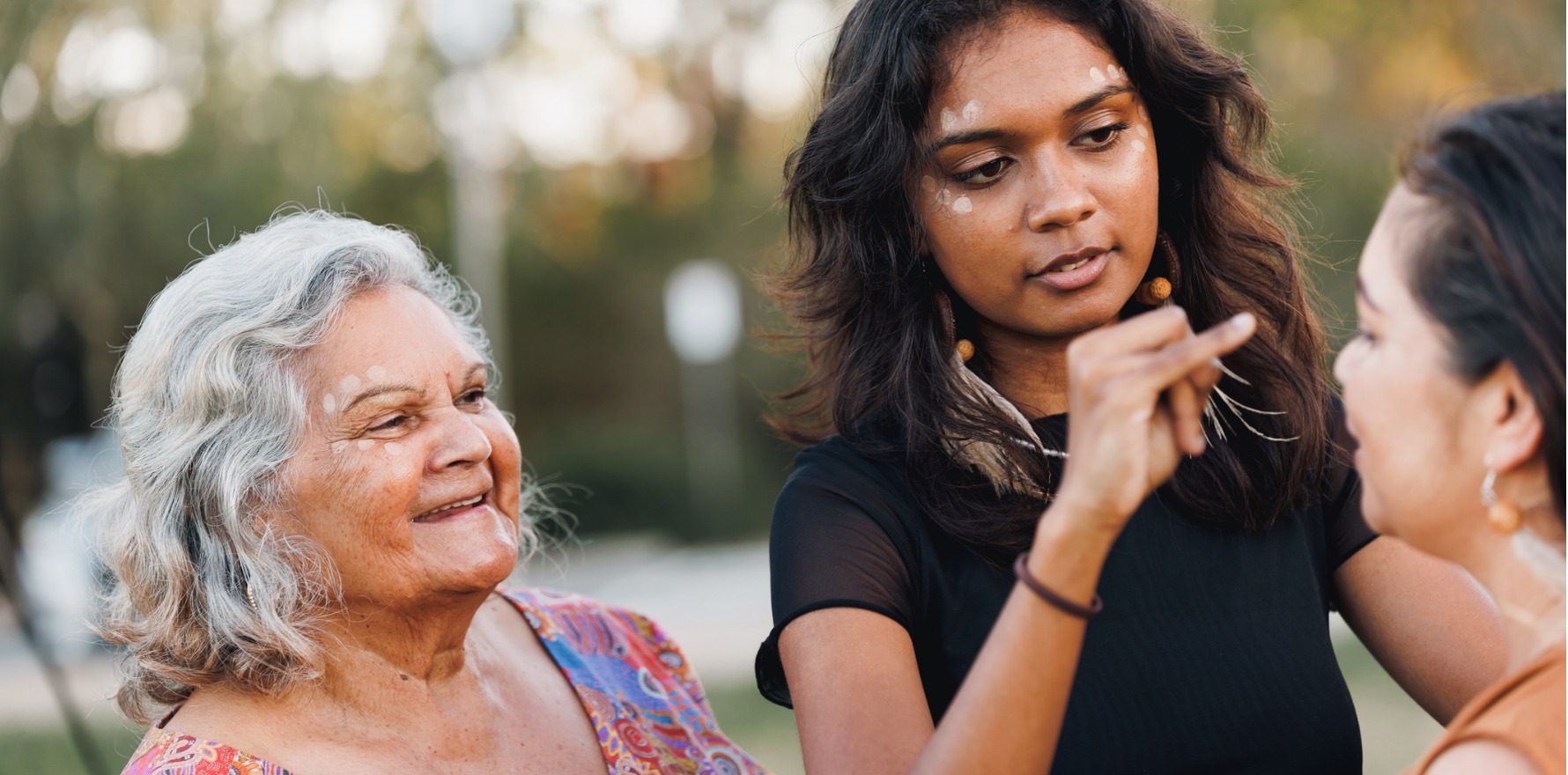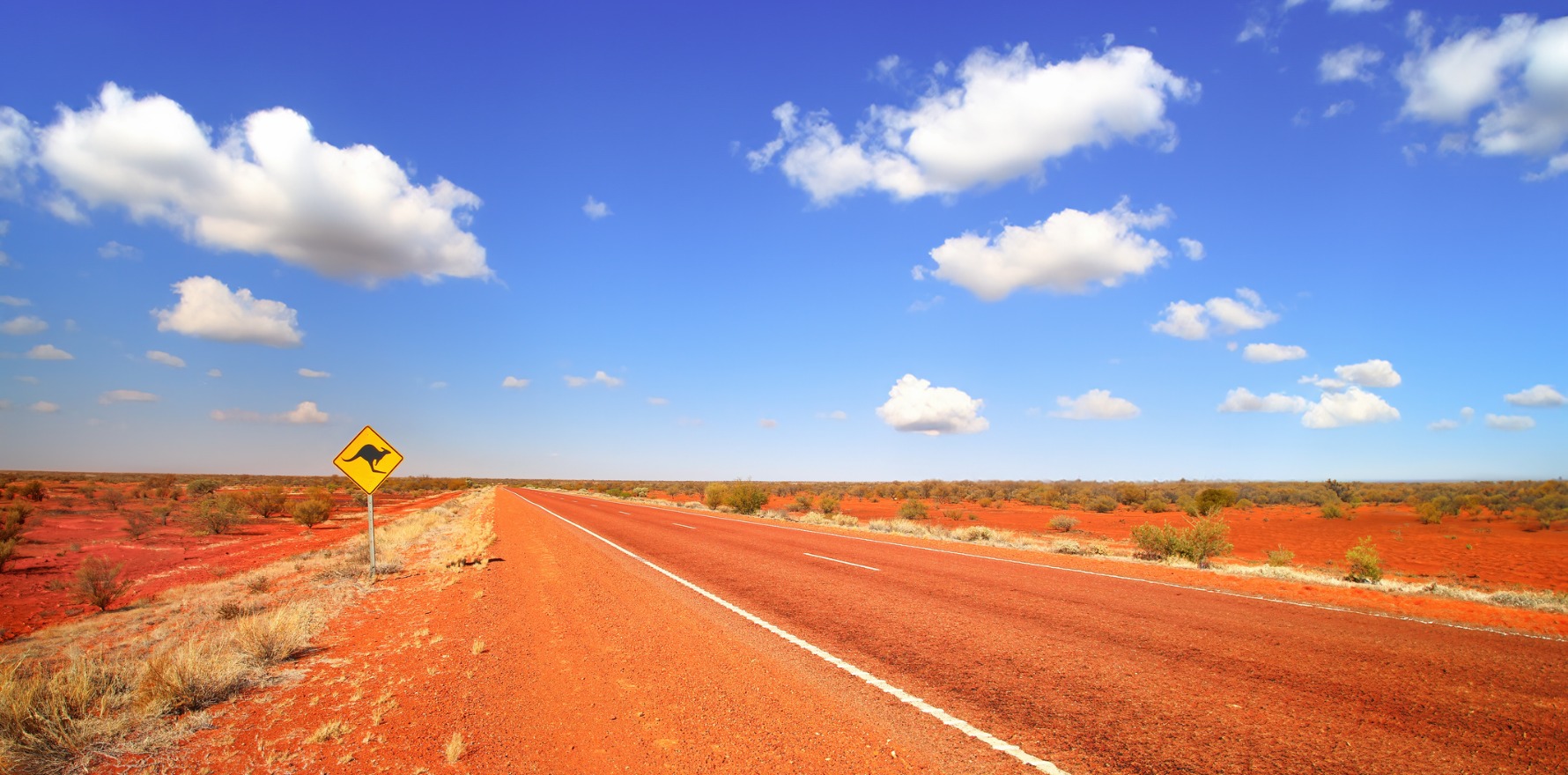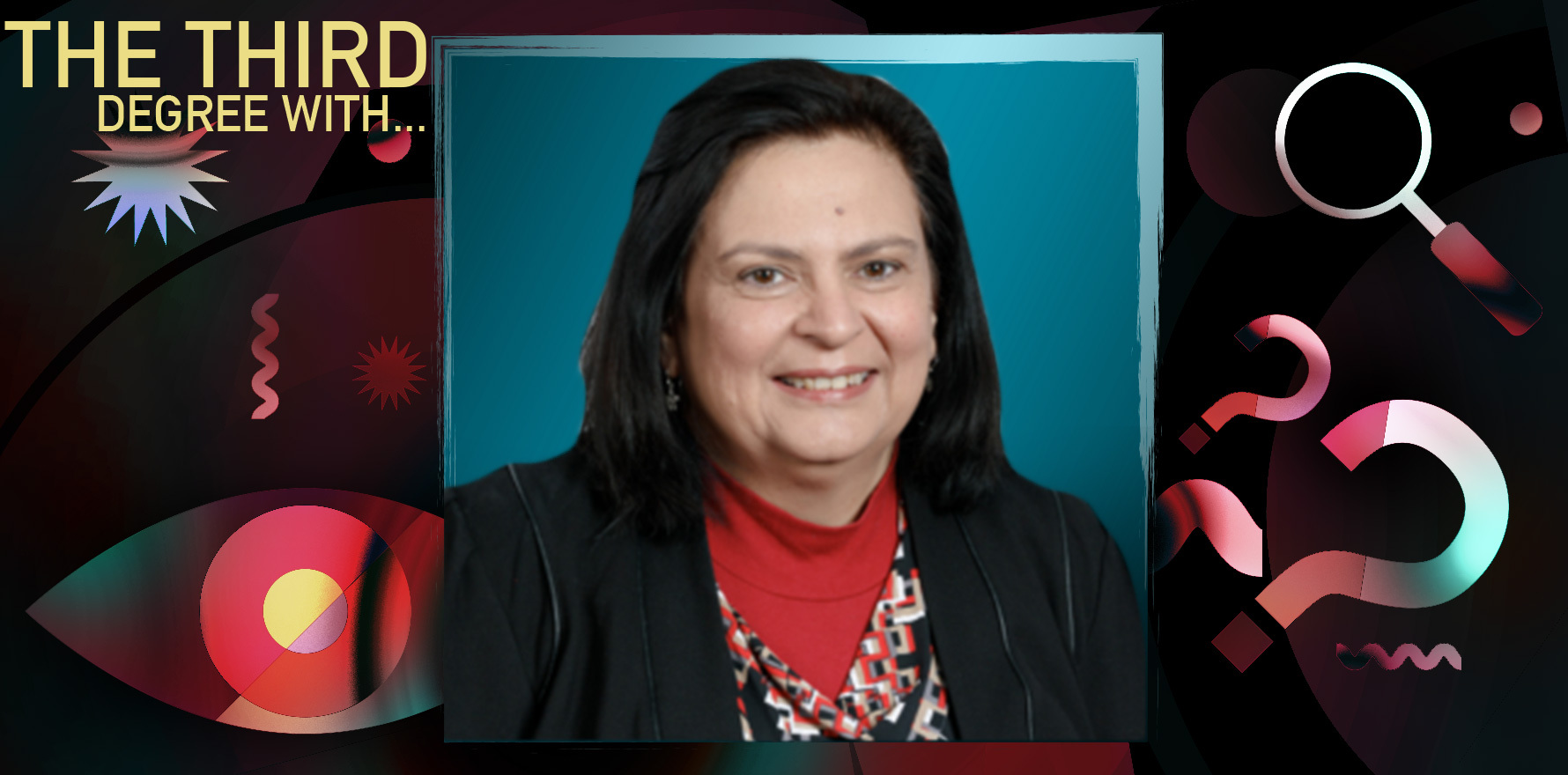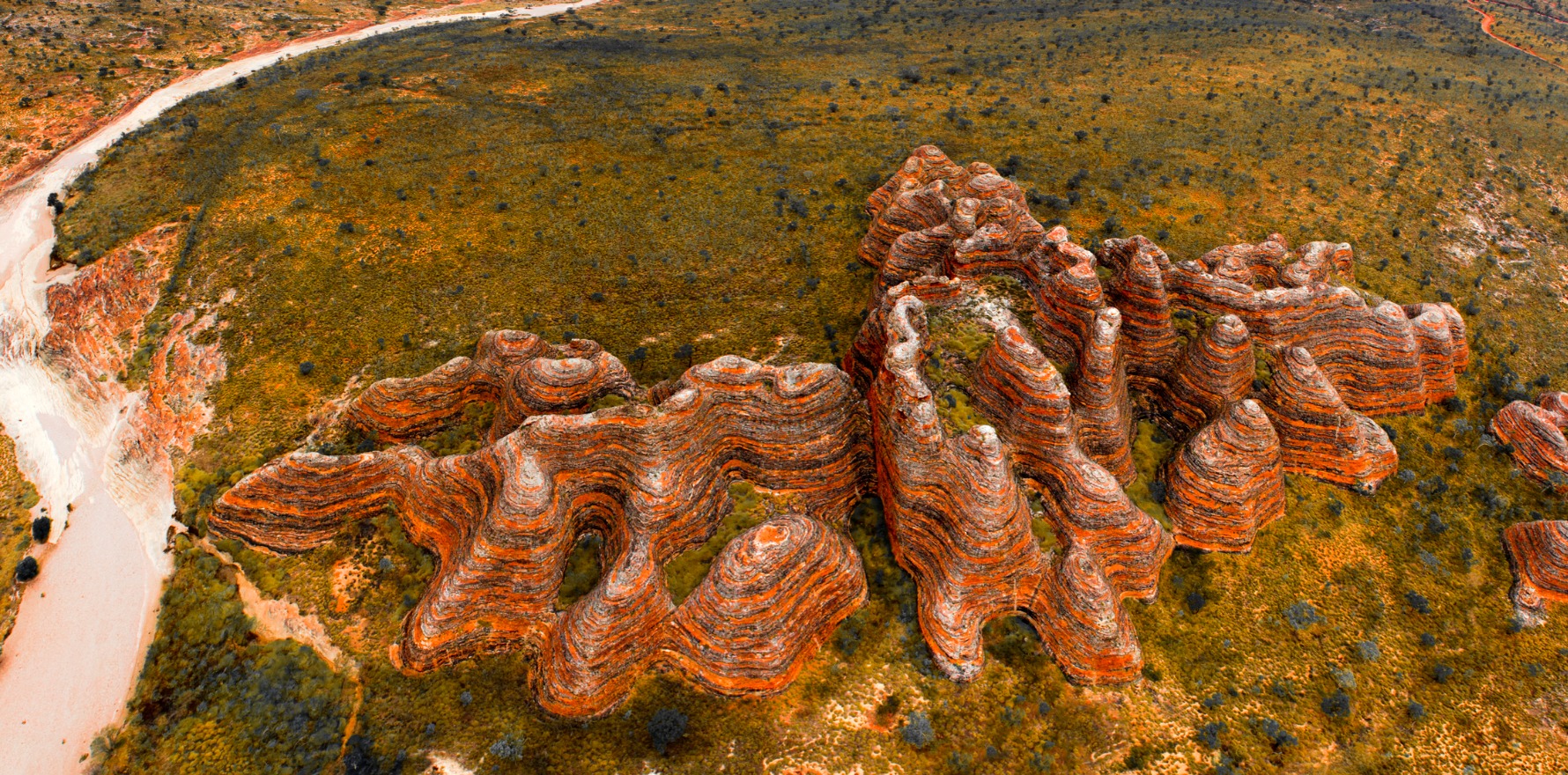When it comes to menopause the experience of First Nations has been ignored, underfunded and hampered by ‘outrageous’ funding rules.
Aboriginal women are the “gap within the gap” when it comes to menopause research and service provision, with no existing literature nationwide and “outrageous”, restrictively competitive funding rules.
According to Dr Odette Best, pro vice chancellor for First Nations strategy at the University of Southern Queensland, menopause and perimenopause were not regarded as priorities for Aboriginal women’s health, with no dedicated funding provided for either clinical services or research targeting Aboriginal women.
“There’s absolutely no Indigenous research in Australia for over a decade, and very little internationally of other indigenous groups of women,” Dr Best told the Senate hearing into menopause today.
“Funding of our ACCHO services, is often dictated by what government sees as funding priorities for our ACCHO sector, and because they’ve got these perceived ideas of what the health issues are for Aboriginal communities – with Aboriginal women only being about being a mum and having a bub, or being in eldership – [the menopausal] years aren’t seen as a process worthy of funding,” said Dr Best.
“That’s why we just fall through the gap. We are literally the gap within the gap.”
Having applied for funding to undertake research evaluating Indigenous women’s experiences of menopause and perimenopause, Dr Best and Professor Tracey Bunda were told such a project was beyond the scope of existing parameters, leaving them no option but to gamble for the limited and “incredibly competitive” allocations for menopause research funding offered by the Medical Research Future Fund.
“We were unsuccessful in our research application, not surprisingly. A reviewer did say to us at the time, you have truly identified a gap in service provision for Indigenous women, but unfortunately, this did not fit within the parameters of this particular funding round,” said Dr Best.
“On 17 June the MRFF released an incredibly competitive round of funding [for] menopause and perimenopause research. They are only doing one successful application in each stream.
“This comes out of a perpetuity research bucket of money that’s got like something like $680 million in it from December last year. They’re putting $25 million aside for menopause research, and they’re making it competitive.
“We now [have] to start writing a very competitive funding application to be pitted against other women to be undertaking vital research for us as indigenous women.
“[This is] research that has never been done before within Australia, not only for Indigenous women, but for women full stop.
“There needs to be pushback [about how] these funding rules around menopause and perimenopause research are so restricted in what they’re expecting and what they’re wanting, and how outrageous and ridiculous and competitive they’re making it.
“That’s not just about us Blak women, that’s about women, full stop.”
Related
Professor Bunda, professor for Indigenous Education at the University of Queensland, agreed, in addition emphasising the need for a “different model” for data collection on health indicators and health service delivery among Indigenous communities given the absence of Indigenous voices in the Closing the Gap model.
“The recent review of closing the gap was so scathing of the lack of action by government, that it’s almost criminal. We need a different type of model,” Professor Bunda said.
“What Closing the Gap doesn’t do is actually give Indigenous experience a voice [within] the data and analysis of data about Aboriginal ill health, and it’s very much dependent upon government or authority bodies being able to [act on] what are the priorities within Closing the Gap.
“[The] mantra within research at the moment is ‘Indigenous-led research’, so it develops out of our work and our community’s knowledge for the benefit of us, not necessarily led by non-Indigenous expertise.”





